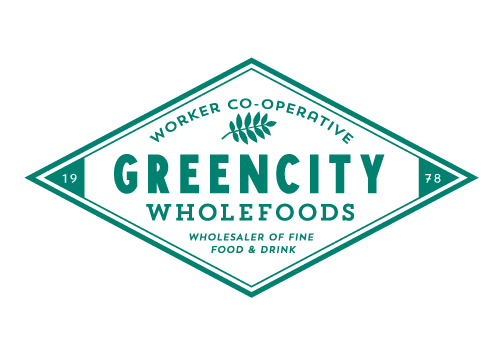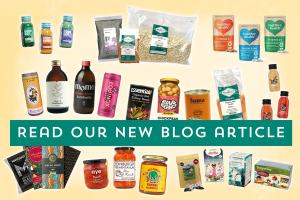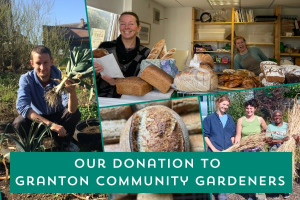
ISKCON Scotland is a charity dedicated to caring for people and the planet. Fueled by the dedication of their volunteers, they serve two main aims: to improve people’s lives physically, emotionally and spiritually; and to help the planet and the environment. As part of their community-focused work, they've cooked over 24,000 plates of plant-based food and delivered them alongside their partner organisations to people throughout Glasgow, South Lanarkshire, South Ayrshire and Edinburgh as a response to the COVID19 crisis. They answer our 6 questions about what they do, why they do it, and how things have changed from them over the past year.
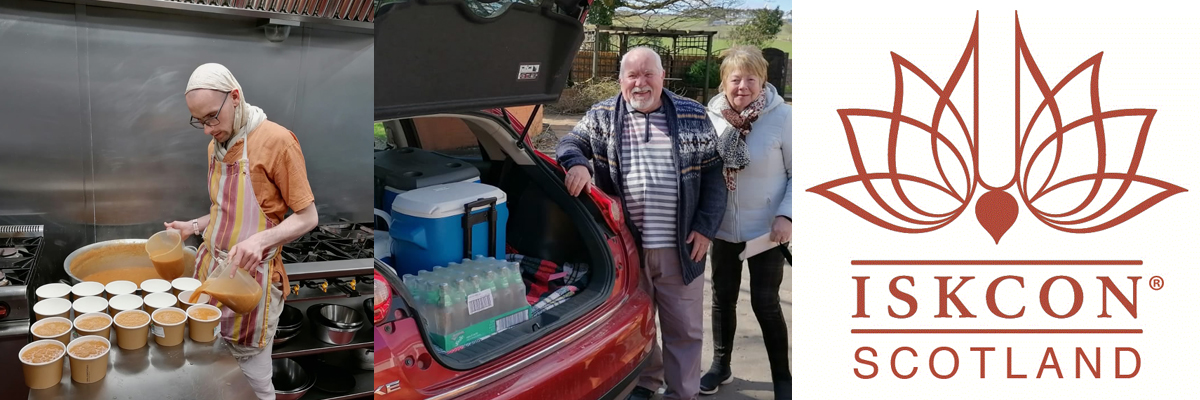
1. Tell us about how it all started.
ISKCON (International Society for Krishna Consciousness) Scotland is a community-led organisation. We have three primary services: free food distribution; wellbeing activities; and therapeutic organic gardening.
Inspired by the internationally-renowned Hare Krishna projects such as 'Food for Life Global' and 'Food For All', in 2018 we started our plant-based food relief project ‘Food for Scotland’. Our ambition is to provide hot, nutritious, plant-based meals for people in our local communities whose access to such food is in some way compromised. Since 2018, we have delivered over 30,000 meals, and since the beginning of the COVID-19 pandemic we have been distributing approximately 500 meals per week to our local communities.
2. How many people are involved in your organisation?
ISKCON Scotland has a range of exciting projects including therapeutic gardening, wellbeing retreats, yoga & meditation sessions, alpaca treks, free food deliveries and much more. We aspire to serve the length and breadth of Scotland with these services and have active members in Aberdeen, Stirling, Edinburgh, Glasgow and at our Krishna Eco Farm in Lesmahagow.
Our project Food for Scotland is calling upon the skills and enthusiasm of five key team members who work hard to guarantee that three times per week a hot nutritious meal will be delivered to whoever has requested it in our catchment area of local communities. Besides the core team who are based in Lesmahagow, we also have an awesome group of car owners from the neighbourhood who provide the essential role of delivery drivers. As many of these drivers are long term residents in the local community, they are making friendly connections with our clientele, many of whom live in villages with limited social activities. We have other volunteers who assist with leaflet distribution and social media marketing too – you can see our team in action at facebook.com/food4scotland
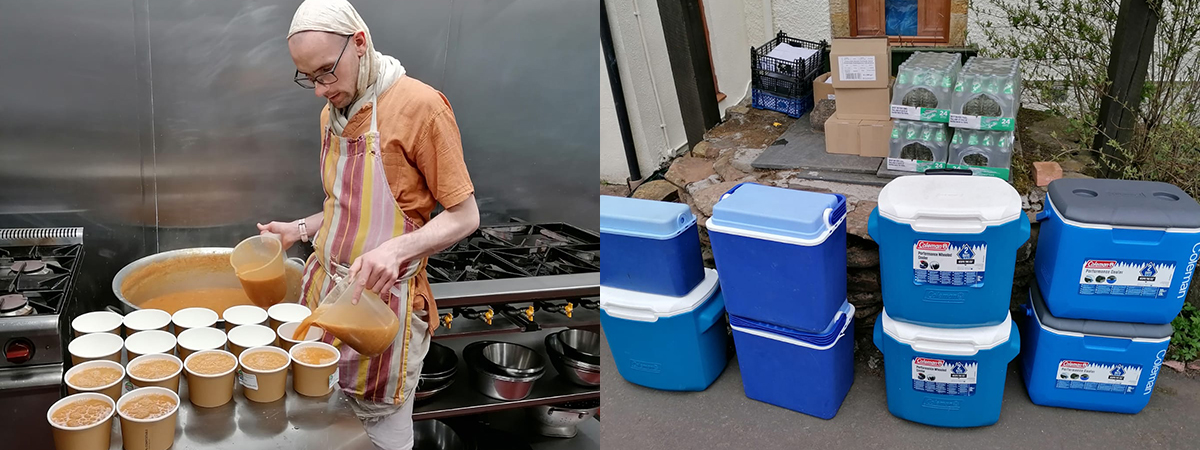
3. Tell us a little about the people you cook / provide food for.
At Food for Scotland we are committed to help vulnerable people who due to one or more factors are struggling with food poverty. More often than not our clients are among the more elderly members of our local community, but we also deliver food for low-income families or individuals, frontline workers and anyone else in difficulty. No one is excluded.
We don’t ask for any personal details or require any referrals for you to qualify for a free meal. We also observe discreet delivery practices. This minimises the fear of stigma which may discourage our diners from accepting charitable donations.
We also assist two partner organisations in Glasgow: B.J.O Amara Association, who serve their community in the North of Glasgow; and Go Dharmic Glasgow, who serve families in Govan and other areas of Glasgow.
4. How do you think lockdown has affected your organisation and your role in the wider community?
Lockdown has prompted local governments and third sector organisations to be more creative in their partnerships with organisations such as ourselves. This cooperative climate has enabled us to identify new funding opportunities for driving our most ambitious community projects.
Lockdown has greatly affected our role as we were forced to look into different ways to distribute food in the local community. Serving food at our Krishna Eco Farm or at our wellbeing centre in Glasgow has not been possible due to social distancing and travel restrictions.
South Lanarkshire has been one of the most impacted areas in Scotland by COVID-19. Together with Glasgow it has been under Level 3 and Level 4 restrictions longer than any other area in Scotland. A lot of people have been suffering from isolation, loneliness, depression and anxiety. Access to many kinds of mental health services have been significantly reduced and disrupted, at the very time when these services have been in much greatest demand. As the restrictions start to ease, access to mental health services will remain in high demand and the services are predicted to be overwhelmed. We would like to participate in filling this gap by offering self-referred support to our communities in South Lanarkshire. We are also members of Voluntary Action South Lanarkshire (VASLan), which is a third sector interface organisation. Currently they are assisting us to build connections with the Green Health Partnership that aims to improve people's wellbeing by encouraging outdoor activities in nature. In addition, occupational therapists from the Clydesdale Mental Health Team have been happy to refer people to us.
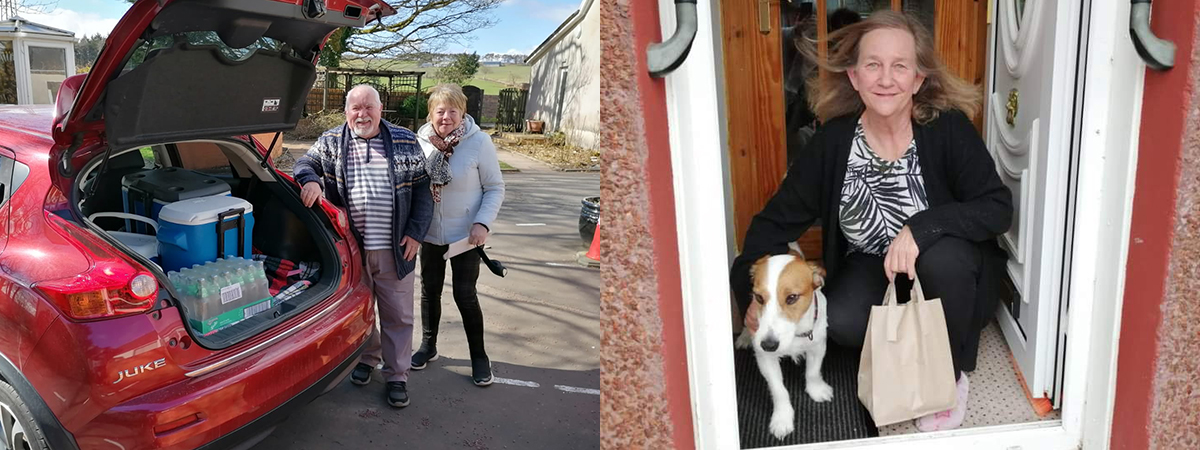
5.What steps need to be taken to improve people’s health?
The Scottish Government has been discussing the implementation of a Good Food Nation bill for seven years. Their aspirations have been positively received by local government in South Lanarkshire; public, business and third sector organisations are rising to the challenge of ensuring that everyone's meals should be tasty, healthy, accessible, and affordable. Moreover, our food should be good for the planet, good for workers, good for local businesses and good for animal welfare.
Recently and in part due to the challenges of COVID-19 we have found ourselves playing a significant role in helping to achieve these objectives amongst communities within a ten-mile radius of Lesmahagow.
Good food is just one aspect of good health. We hope that the partnerships that are developing around the intention to ensure good food will facilitate improvements in mental health, arts and crafts, etc. and above all will generate a real sense of community living where everyone acknowledges a shared responsibility for community wellbeing.
6. You can pick one chef/person to come and work with you, who is it and why?
We would pick our very own Parasurama (Peter O'Grady), who has been the driving force behind our Hare Krishna food distribution in London for more than two decades. Having been on his team for a short time ten years ago, I can give testament to his infectious enthusiasm.
Visit facebook.com/FoodForAllHQ where you can soak up a little of that enthusiasm. In February this year Para pushed “Food For All” past the "1,000,000 meal during the pandemic" mark.
Find out more about all areas of ISKCON Scotland's work at www.iskconscotland.org
